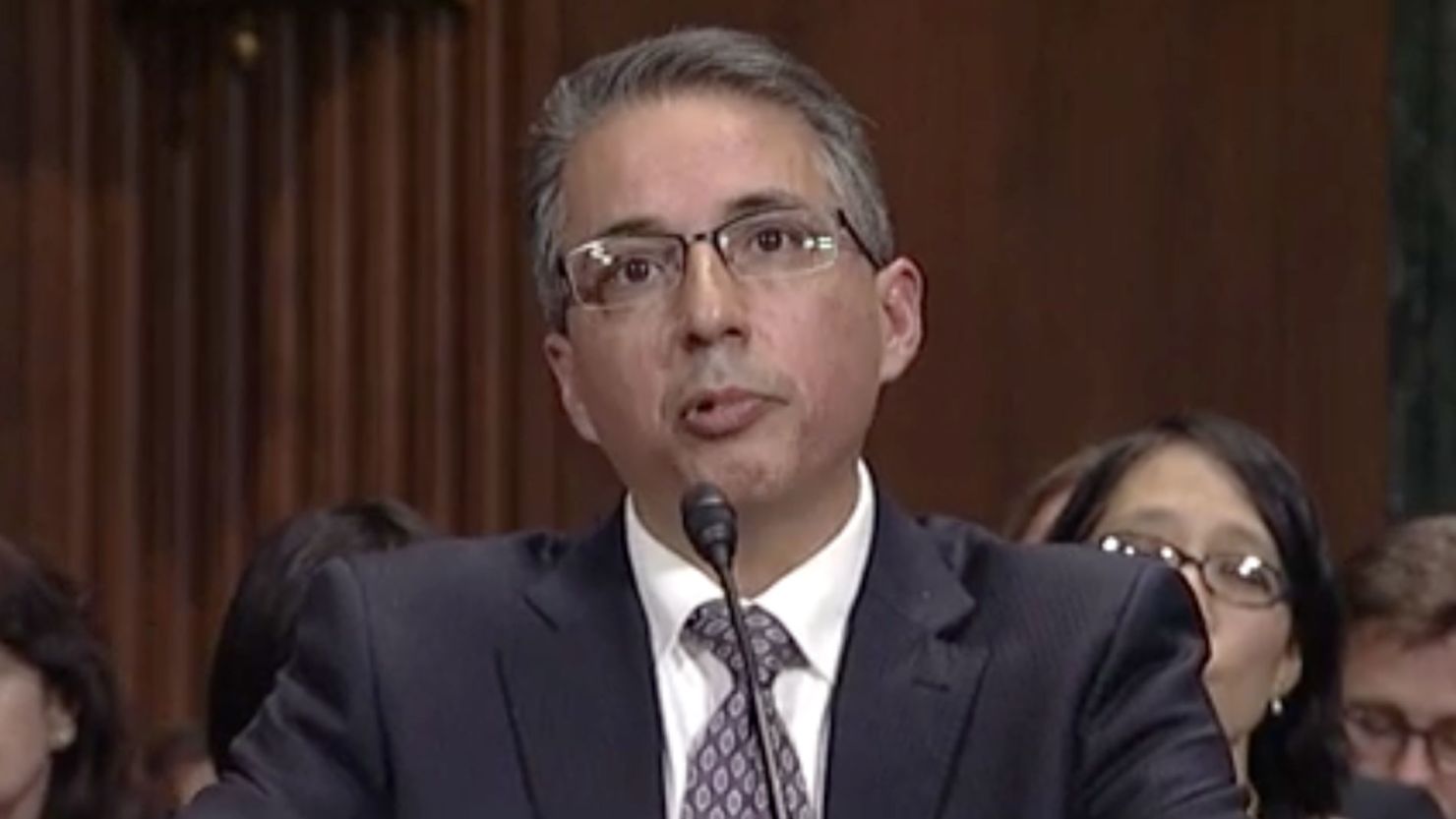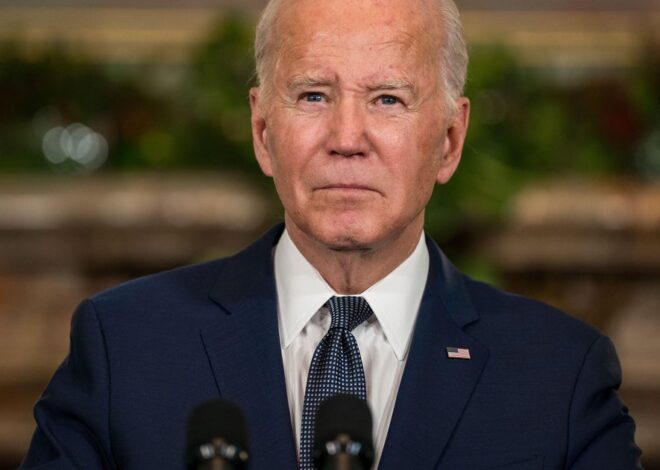
Trump-Appointed Judge Rules President’s Use of Alien Enemies Act Is Unlawful in Landmark Decision
In a first-of-its-kind ruling, a Trump-appointed federal judge has blocked the president from using the Alien Enemies Act to expedite deportations of alleged gang members, calling the move an unlawful abuse of executive power.
U.S. District Judge Fernando Rodriguez of the Southern District of Texas issued the landmark decision, declaring that President Trump’s attempt to invoke the centuries-old wartime authority against Venezuelan migrants had exceeded the law’s original scope.
Historic Ruling Limits Presidential Power
The Alien Enemies Act (AEA), enacted in 1798, was originally intended for use during times of declared war. Judge Rodriguez concluded that the U.S. is not in a state of war, and therefore the administration’s use of the act is legally unsupported.
“The President cannot summarily declare that a foreign nation has perpetrated an invasion and then remove individuals under that assumption,” Rodriguez wrote. “Such an interpretation would remove all limits from executive authority and sideline the judiciary’s constitutional role.”
The ruling bars the Trump administration from deporting any alleged members of the Tren de Aragua gang under the AEA within Rodriguez’s jurisdiction. However, other immigration statutes could still apply to these individuals, who remain in detention in southern Texas.
Broader Legal Implications
This is the first ruling to directly address the legality of using the Alien Enemies Act during peacetime. The Supreme Court previously weighed in on procedural matters related to the AEA, such as requiring notice and the right to challenge detention via habeas corpus, but did not address whether Trump had the authority to invoke the law at all.
Attorney Lee Gelernt of the ACLU, who helped bring the case, called the ruling “profoundly important,” noting that “the courts have now confirmed that wartime powers cannot be invoked in peacetime for political purposes.”
Potential Supreme Court Showdown
The Trump administration is expected to appeal the ruling to the 5th U.S. Circuit Court of Appeals, with many legal experts anticipating the matter will eventually reach the Supreme Court.
Multiple similar lawsuits are unfolding in states like Colorado, Nevada, and Pennsylvania, as the administration continues efforts to deport alleged gang members under the AEA. Each court ruling adds weight to the legal debate over presidential authority in immigration enforcement.
Judge Dismisses Claims of Unlimited Presidential Power
The administration has argued that the president’s decisions under the AEA are not subject to judicial review. Rodriguez firmly rejected that idea, stating: “While I cannot assess the truthfulness of the president’s proclamation, I do have the duty to interpret the statute and assess whether the administration’s actions comply with the law.”
He emphasized that judges, not presidents, interpret statutes to ensure government actions remain within legal bounds.
Background on the Deportation Flights
The case centers around a group of Venezuelan migrants who were nearly deported to El Salvador’s notorious CECOT prison in March under the AEA. Their deportation was halted just in time, and they have remained in custody as the legal fight continued.
Although other migrants have already been deported under the act, this ruling now casts doubt on the legality of those removals and prevents future deportations under the AEA in Judge Rodriguez’s district.
What’s Next?
The Trump administration is likely to pursue appeals while continuing to use other immigration laws to remove individuals deemed threats. Meanwhile, more district court rulings on the AEA’s use are expected in the coming weeks as the legal battle spreads nationwide.
This decision, however, may serve as a turning point — reinforcing the limits of presidential power and setting the stage for a potential Supreme Court showdown on executive authority in immigration enforcement.



